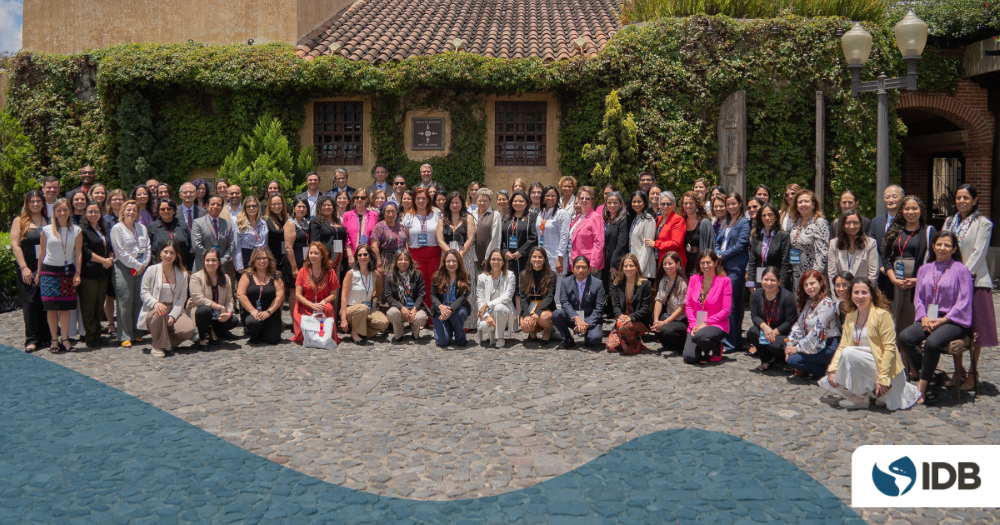Addressing the social and economic inequalities faced by people in Latin America and the Caribbean requires quantitative data and contextual information. This knowledge allows us to improve public policy decisions, which must be based on evidence. At the Inter-American Development Bank (IDB), we have developed several tools that bring users closer to data and indicators of … [Read more...] about Where to find social data and indicators on Latin America and the Caribbean?
Towards a More Equitable Care Economy
The work of caregivers is fundamental to the livelihoods and well-being of societies. From caring for the home and young children, to supporting the elderly or people with disabilities. These tasks sustain the well-being of millions of people in Latin America and the Caribbean. Despite its importance, care work falls disproportionately on women and girls and is often unpaid. … [Read more...] about Towards a More Equitable Care Economy
Intercultural Communication with and for Indigenous Peoples: Lessons from Panama
Effective intercultural communication with the indigenous peoples of Latin America and the Caribbean involves integrating linguistic, cultural and diverse local realities. The most important thing in all cases is an active and protagonist participation throughout the creation process. At the Inter-American Development Bank, we work together with indigenous peoples and … [Read more...] about Intercultural Communication with and for Indigenous Peoples: Lessons from Panama
Every Piece Counts: The Importance of Coordination in Integrated Care Systems
When I was a child, I would go to my grandfather's store where he sold and repaired watches. He would give me a magnifying glass and let me help him. Before my eyes would appear springs and tiny jagged pieces that made up the inside of each clock. What I liked most was to see how they moved in time with each other. Like any curious child, I would ask my grandfather which was … [Read more...] about Every Piece Counts: The Importance of Coordination in Integrated Care Systems
Integrated Care Systems in Latin America and the Caribbean
In Latin America and the Caribbean, discussions on integrated care programs, policies and systems continue to gain space in public debates as they are closely related to social and economic development models. There is great interest in the creation of systems to recognize and remunerate the work done by caregivers, redistribute care tasks to promote the reduction of the … [Read more...] about Integrated Care Systems in Latin America and the Caribbean





